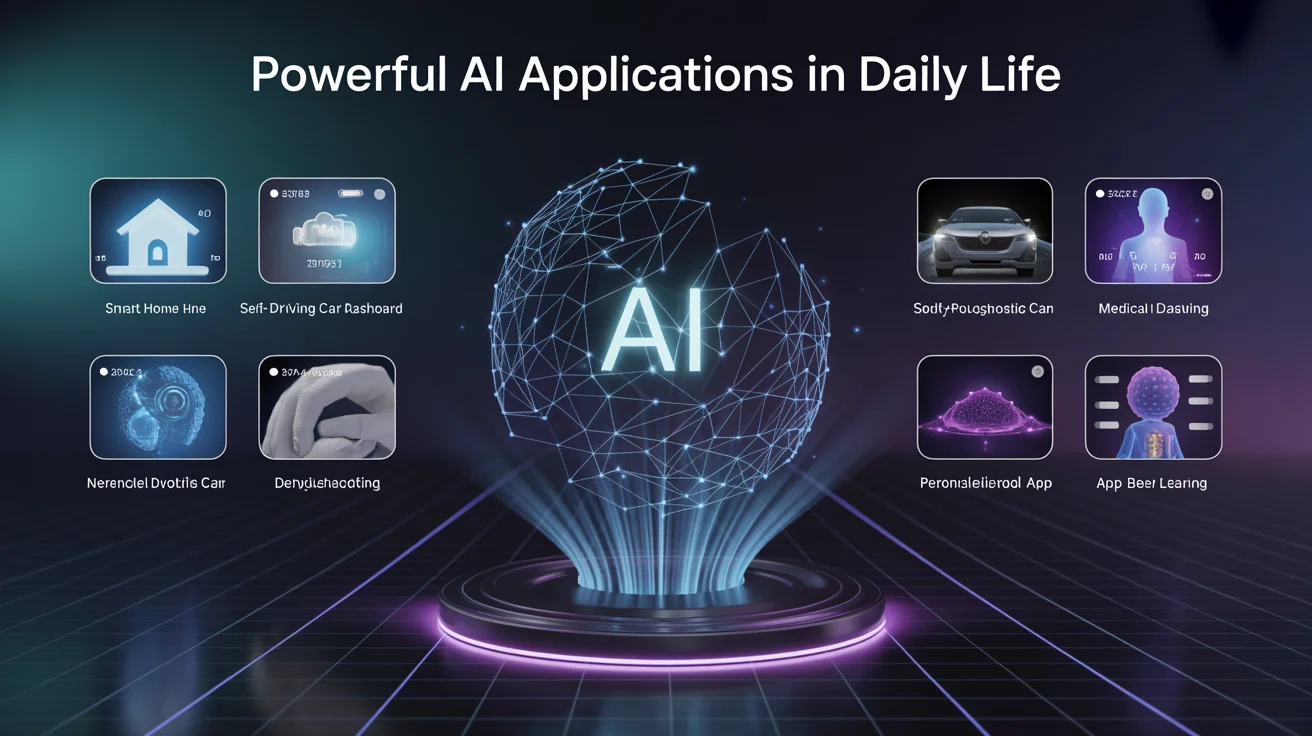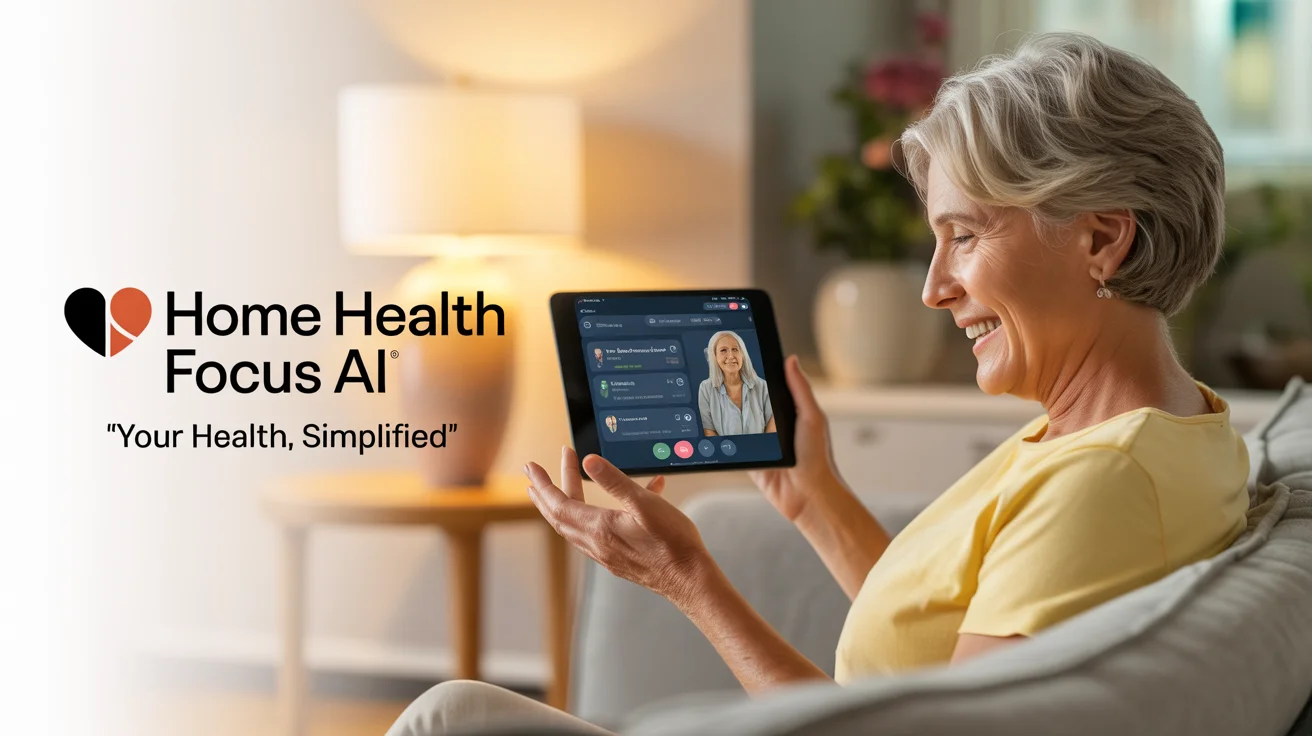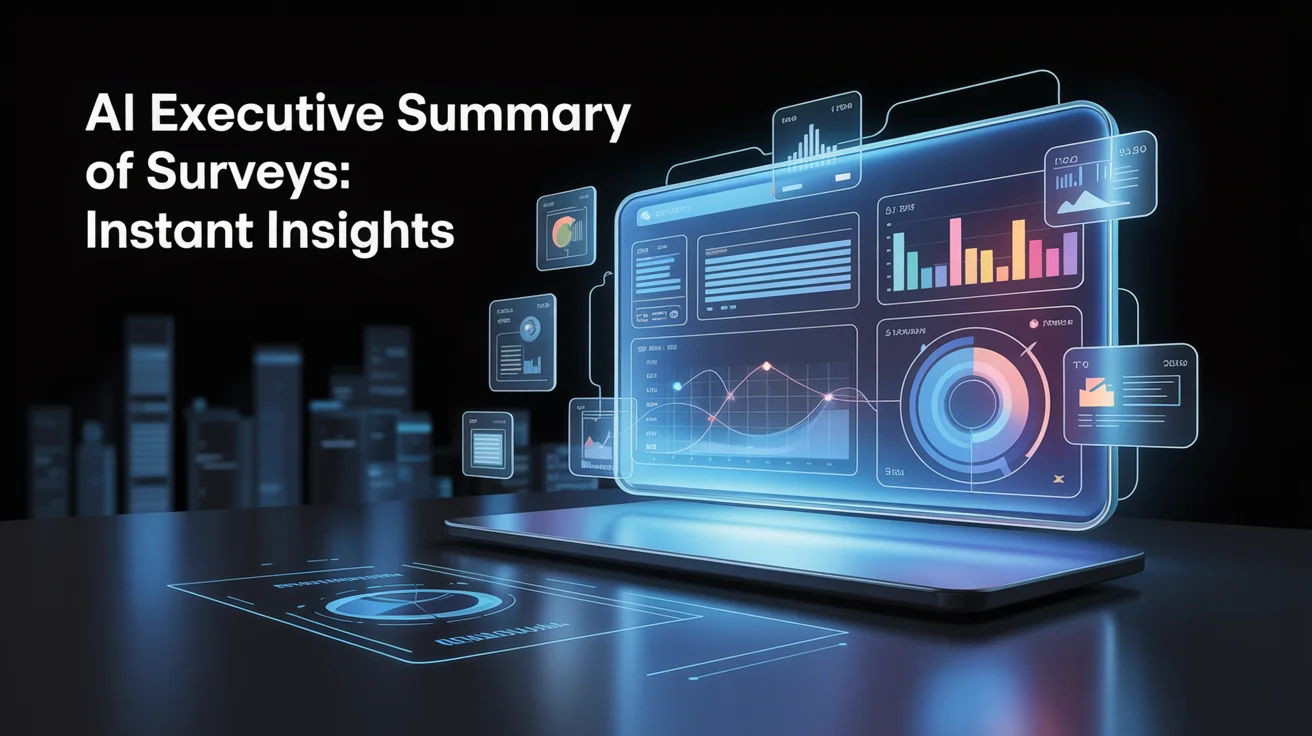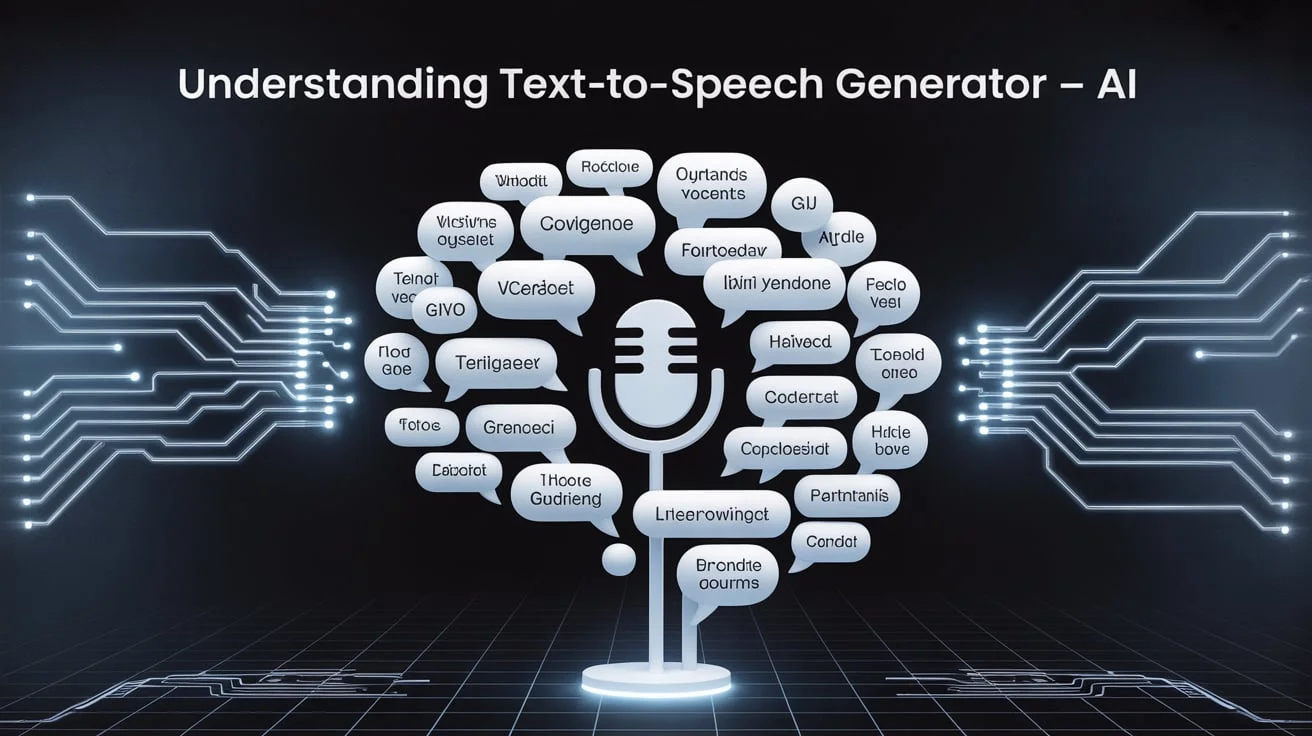Artificial Intelligence (AI) is no longer a futuristic concept. It has already become a core part of our daily lives, quietly working behind the scenes in ways we often don’t notice.
From the phones in our hands to the cars we drive and the content we consume, AI is deeply embedded in our routines.
Understanding AI applications in daily life helps us appreciate how technology improves convenience, efficiency, and decision-making.
This article’ll explore the most powerful and practical ways AI touches our everyday activities. From smart homes to personalized services, AI continues to evolve and redefine how we live and interact with technology.
AI in Smartphones and Devices
Smartphones are among the most common tools we use daily, and AI plays a significant role in their functionality. Voice assistants like Siri, Google Assistant, and Alexa use AI to understand and respond to voice commands. These AI systems make communication, navigation, and scheduling easier and faster.
In addition, AI enhances smartphone cameras by automatically adjusting lighting, focus, and filters. Facial recognition features rely on machine learning algorithms to unlock phones securely and quickly.
Even keyboard suggestions and autocorrect use AI to understand user behaviour and typing habits.
AI in Smart Homes
Smart homes are no longer a luxury; they are becoming the norm. Devices like smart thermostats, lighting systems, and home security cameras use AI to operate efficiently. These systems learn your preferences over time and adjust automatically to improve comfort and energy savings.
AI-powered virtual assistants in smart homes can control multiple devices with a single voice command. They also help schedule household tasks and monitor unusual activity to enhance home safety.
AI in Transportation and Navigation
Modern transportation systems use AI to boost safety and efficiency. Cars with self-parking and autopilot features depend on AI to process real-time data and make split-second decisions. AI also helps reduce traffic congestion by analyzing traffic patterns and suggesting alternate routes.
Public transport apps rely on AI to give real-time updates and estimate arrival times. Ride-sharing apps like Uber and Lyft use AI to match drivers and passengers, calculate fares, and plan optimal routes.
- AI in GPS systems makes navigation faster and more accurate.
- Self-driving cars use AI for obstacle detection and route planning.
- Ride-hailing platforms optimize user experience with machine learning.
AI in Healthcare and Medical Diagnosis
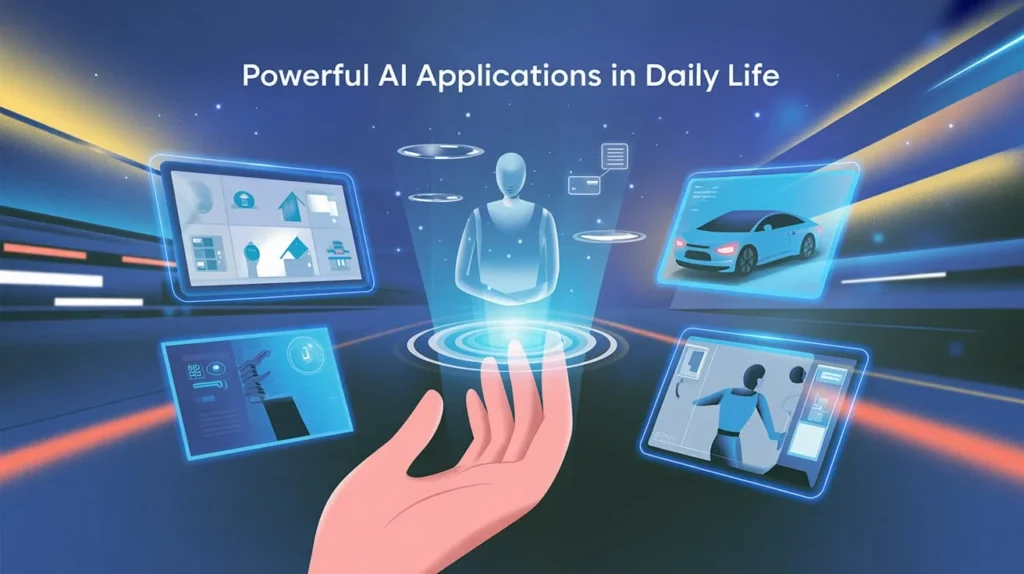
AI is revolutionizing healthcare by helping doctors diagnose diseases more accurately and quickly. It can analyze X-rays, MRIS, and CT scans to detect anomalies with precision. They also assist in the early detection of life-threatening illnesses such as cancer or heart disease.
Moreover, AI chatbots and virtual health assistants provide instant medical advice and medication reminders. Hospitals also use predictive algorithms to manage resources and streamline operations.
AI in E-commerce and Online Shopping
AI integration has drastically improved the online shopping experience. E-commerce platforms use AI to recommend products based on browsing history and preferences. This personalized approach increases customer satisfaction and boosts sales.
AI also helps with inventory management, fraud detection, and customer support automation. From chatbots that answer queries to systems that predict the next best offer, AI is central to the online retail experience.
- Product recommendations based on user behaviour
- Chatbots that handle customer inquiries instantly
- Automated fraud checks and secure payment gateways
AI in Education and Learning
Education is another area being transformed by AI. Innovative learning platforms tailor educational content to a student’s pace and understanding. AI analyzes performance data to offer personalized learning paths and suggest improvements.
Furthermore, AI helps automate grading systems, detect plagiarism, and provide real-time language translation. This makes education more accessible, inclusive, and efficient.
AI in Social Media Platforms
Most social media platforms are powered by AI in multiple ways. Algorithms decide what content appears on your feed based on your interactions. AI detects fake accounts, filters harmful content, and suggests connections based on shared interests.
Content creation tools also use AI to suggest hashtags, auto-generate captions, and enhance images and videos. This leads to more engagement and a safer online environment.
AI in Banking and Finance
AI has significantly improved the banking sector. It helps detect fraudulent transactions, assess credit risk, and automate customer service through chatbots. AI systems also analyze spending patterns and offer personalized financial advice.
AI-powered robo-advisors assist users in managing their investments with minimal human input. These systems work 24/7 and adjust financial strategies based on market trends.
- Fraud detection using real-time transaction monitoring
- Personalized spending insights and budget tracking
- Robo-advisors offering automated investment tips
AI in Entertainment and Streaming
AI is changing the way we consume entertainment. Streaming platforms like Netflix and Spotify use AI to recommend shows, movies, and music based on viewing history. These personalized suggestions keep users engaged and satisfied.
Gaming industries also use AI for creating adaptive gameplay, realistic graphics, and intelligent characters. This enhances user experience and makes gaming more immersive.
AI in Daily Communication
AI enhances communication tools that we use every day. Email services like Gmail use AI to filter spam and suggest replies. AI also powers real-time translation in messaging apps, helping people connect across languages.
Moreover, AI assists in content creation with tools that improve grammar, tone, and clarity. These tools support individuals and businesses in effortlessly producing professional communication.
Conclusion:
As we can see, AI applications in daily life are vast and deeply integrated into our routines. AI helps us save time, improve decision-making, and make more intelligent choices. From the moment we wake up to when we sleep, AI positively impacts our world.
While AI offers many benefits, it’s essential to use it responsibly. Privacy, data security, and ethical considerations must remain top priorities. The future of AI in everyday life is promising, and with the right balance, it can serve as a powerful ally in human progress.
Frequently Asked Questions:
Q1. What are AI applications in daily life?
AI applications in daily life include intelligent assistants, personalized recommendations, fraud detection, smart home systems, and more.
Q2. Is AI used in smartphones?
Smartphones use AI for voice assistants, face unlock, camera enhancements, and predictive text.
Q3. Can AI improve healthcare?
Absolutely. AI helps doctors diagnose faster, interpret scans, and provide personalized care solutions.
Q4. How does AI affect social media?
AI powers feeds, content suggestions, and user security, enhancing the overall platform experience.
Q5. Is AI safe to use every day?
AI is safe and beneficial for daily use when designed and monitored correctly.

